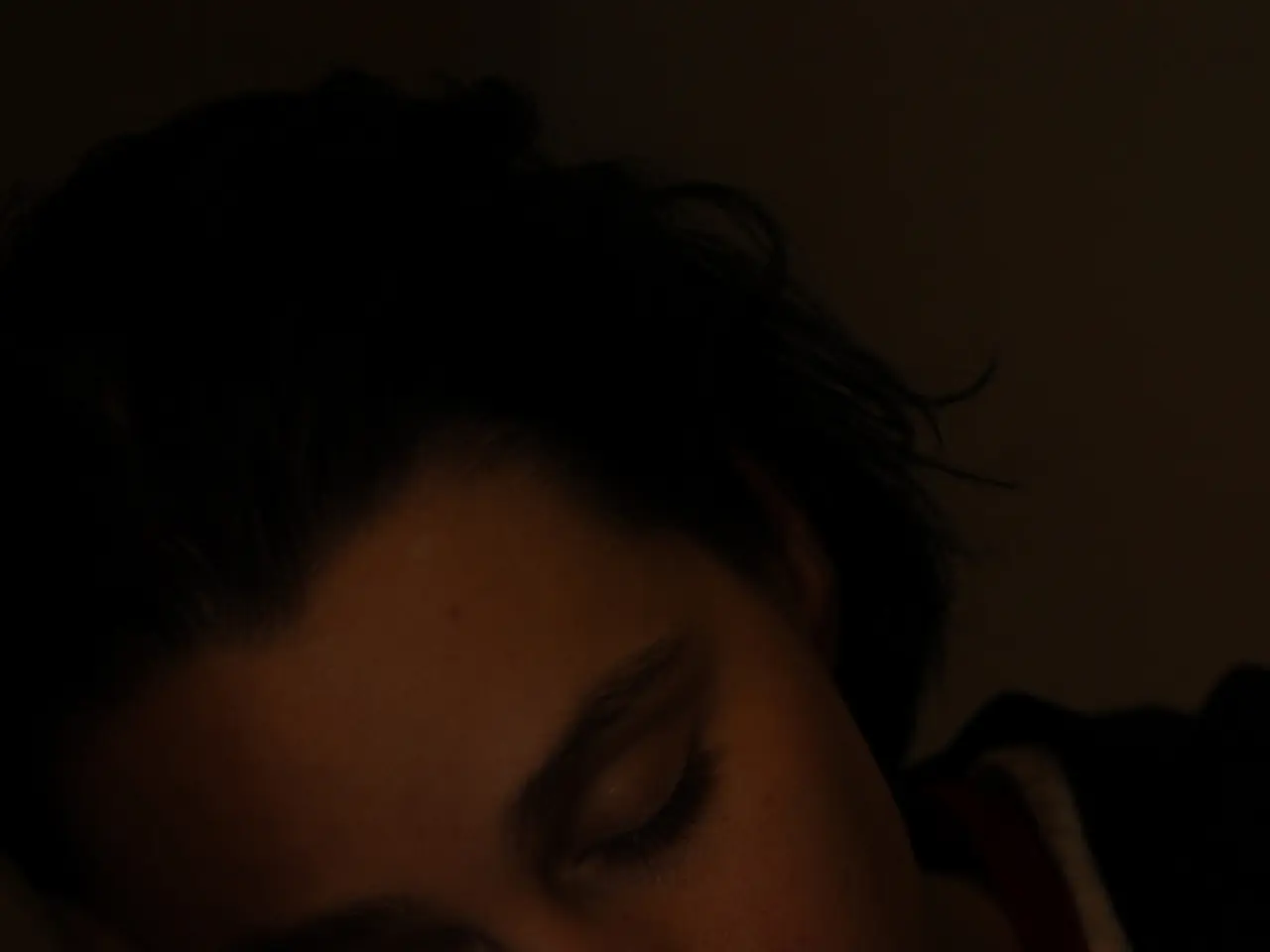'Troublesome Sleep Pattern' Could Be Affecting Your Rest. Here's What You Need to Understand.
In the digital age, sleep trackers have become a popular tool for monitoring sleep patterns. However, a growing concern has arisen around a condition known as Orthosomnia, an unhealthy preoccupation with achieving perfect sleep, often fueled by sleep tracking data.
Orthosomnia manifests in several ways. Individuals with Orthosomnia tend to check their sleep data frequently, often immediately upon waking or multiple times throughout the day. They become overly fixated on specific sleep metrics such as deep sleep percentage, heart rate variability (HRV), or overall sleep scores. This excessive focus can lead to distress if these metrics are not ideal. People may also conclude they have poor sleep or insomnia based solely on tracker data, even if they feel they slept well subjectively.
The causes of Orthosomnia are primarily linked to the use of sleep tracking technology and an excessive focus on achieving "perfect" sleep. The widespread availability and use of sleep tracking devices can foster an environment where individuals become overly concerned with their sleep data. The emphasis on achieving optimal sleep can also contribute to the development of Orthosomnia, as people may feel pressure to meet societal or perceived standards of "good" sleep. Underlying anxiety and stress related to achieving perfect sleep can exacerbate the condition.
Addressing Orthosomnia involves shifting focus away from obsessive tracking and toward a more balanced approach to sleep and overall well-being. Cognitive Behavioral Therapy for Insomnia (CBT-I) can help individuals manage stress and anxiety related to sleep, reducing the preoccupation with sleep data. Limiting the use of sleep tracking devices or checking data less frequently can help reduce anxiety related to sleep metrics. Encouraging relaxation techniques, such as mindfulness or meditation, and promoting a balanced lifestyle can improve sleep quality without relying on trackers. By focusing on subjective feelings of restfulness rather than objective metrics, individuals can reduce the stress associated with sleep tracking.
It's essential to note that even the best sleep trackers are not totally accurate in measuring sleep stages. The gold standard for measuring sleep is usually done in a laboratory using electrodes taped to the scalp and near the eyes to assess electrical activity of the brain and REM sleep. Good sleep hygiene practices, such as consistent bedtimes, moderation with caffeine and alcohol, healthy eating, regular exercise, light exposure, and a nice sleep environment, are encouraged for overall sleep health.
Orthosomnia is compared to orthorexia, an excessive preoccupation with healthy eating. Like orthorexia, Orthosomnia is triggered by data and can be exacerbated by the stress of trying to control sleep. However, it's important to remember that there is wiggle room in maintaining good sleep hygiene, and one does not have to be perfect 100% of the time. The goal with sleep, as with other areas of wellness, is balance, not perfection.
Orthosomnia is not yet recognized as a formal diagnosis in the DSM-5. Nevertheless, understanding this condition and its potential impacts on mental health is crucial for those who use sleep trackers. By being aware of the symptoms and causes of Orthosomnia, individuals can make informed decisions about their sleep habits and seek help when needed.
- In the digital age, the excessive focus on specific sleep metrics, such as deep sleep percentage, heart rate variability (HRV), or overall sleep scores, can lead to the development of Orthosomnia, an unhealthy preoccupation with achieving perfect sleep.
- Just as orthorexia is an excessive preoccupation with healthy eating, Orthosomnia, too, is triggered by data and can be exacerbated by the stress of trying to control sleep.
- Addressing Orthosomnia involves shifting focus away from obsessive tracking and toward a more balanced approach to sleep and overall well-being, such as promoting relaxation techniques and a balanced lifestyle.
- It's important to note that even the best sleep trackers are not totally accurate in measuring sleep stages, and good sleep hygiene practices, such as consistent bedtimes and healthy eating, are encouraged for overall sleep health.




